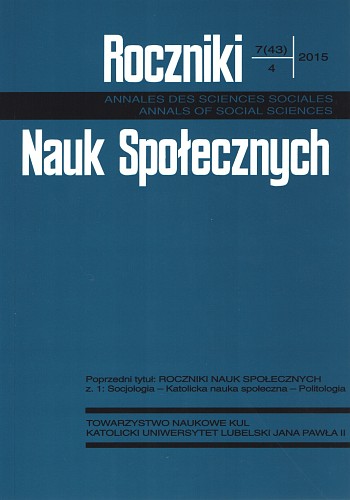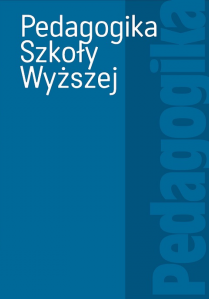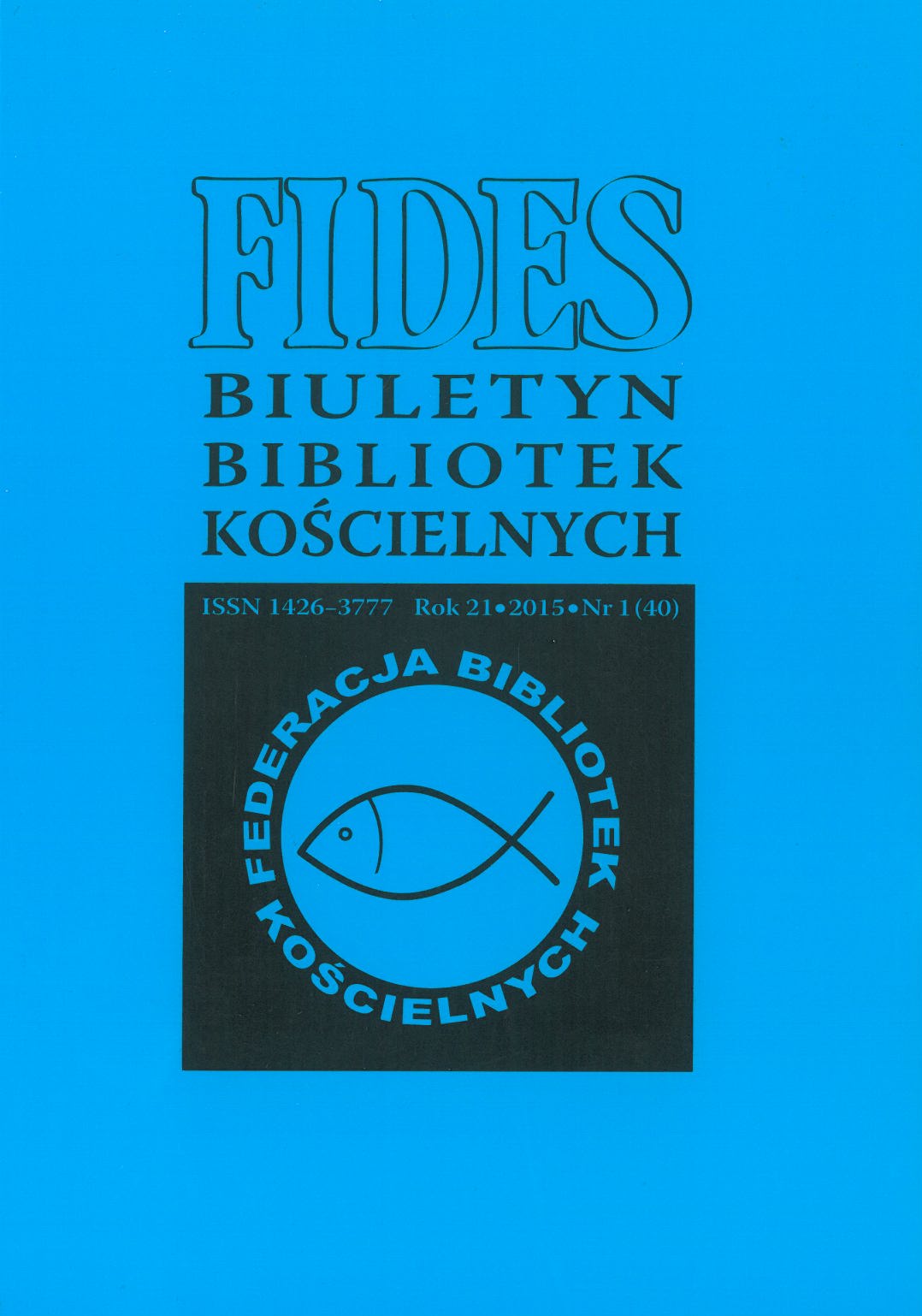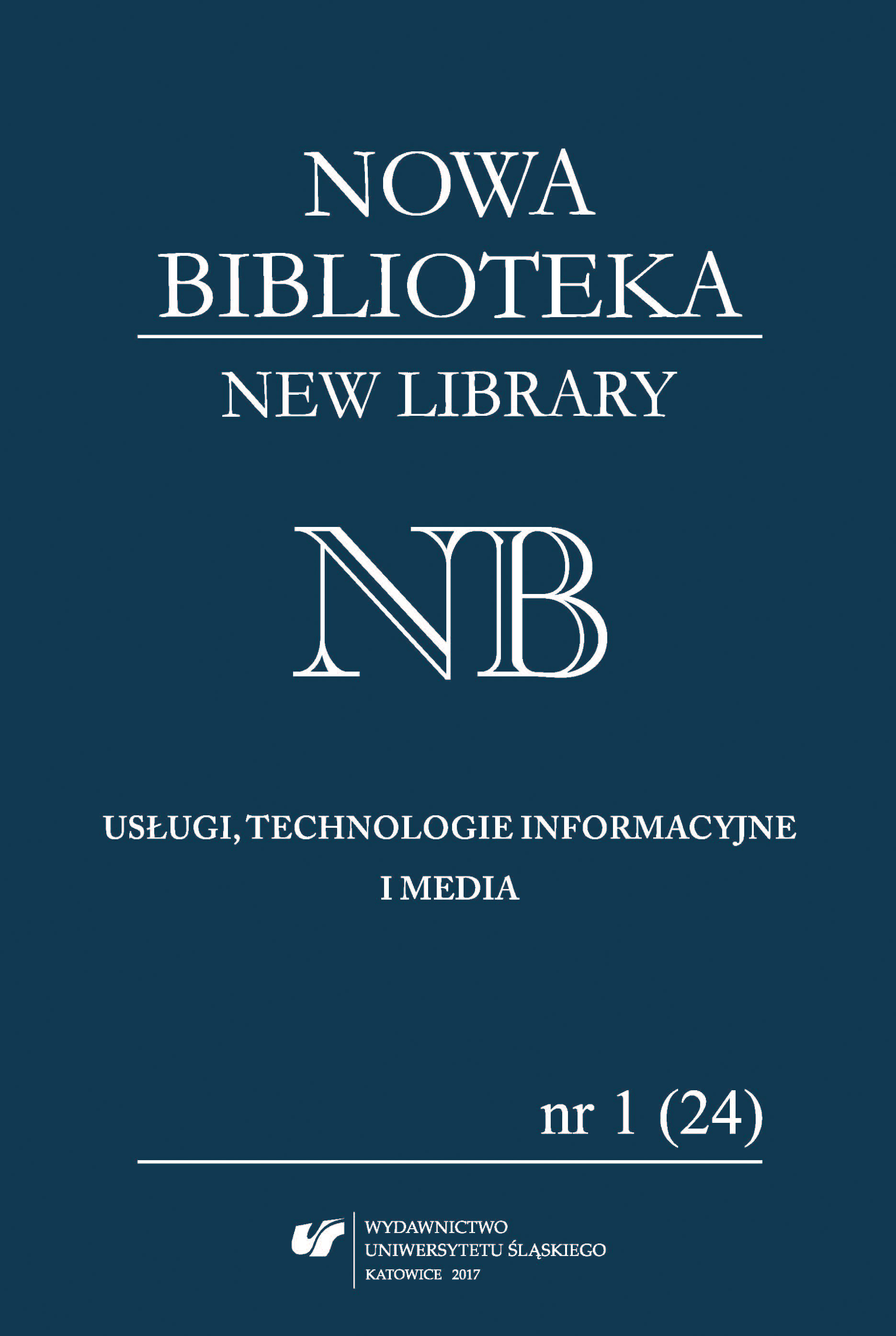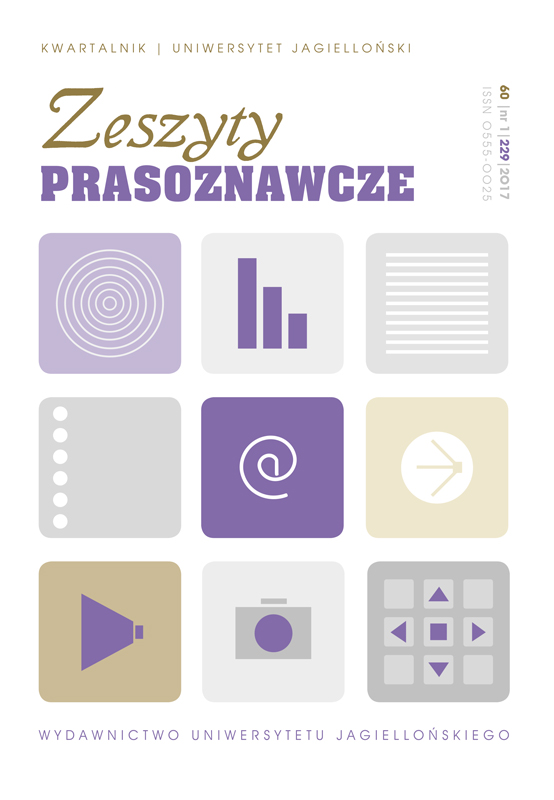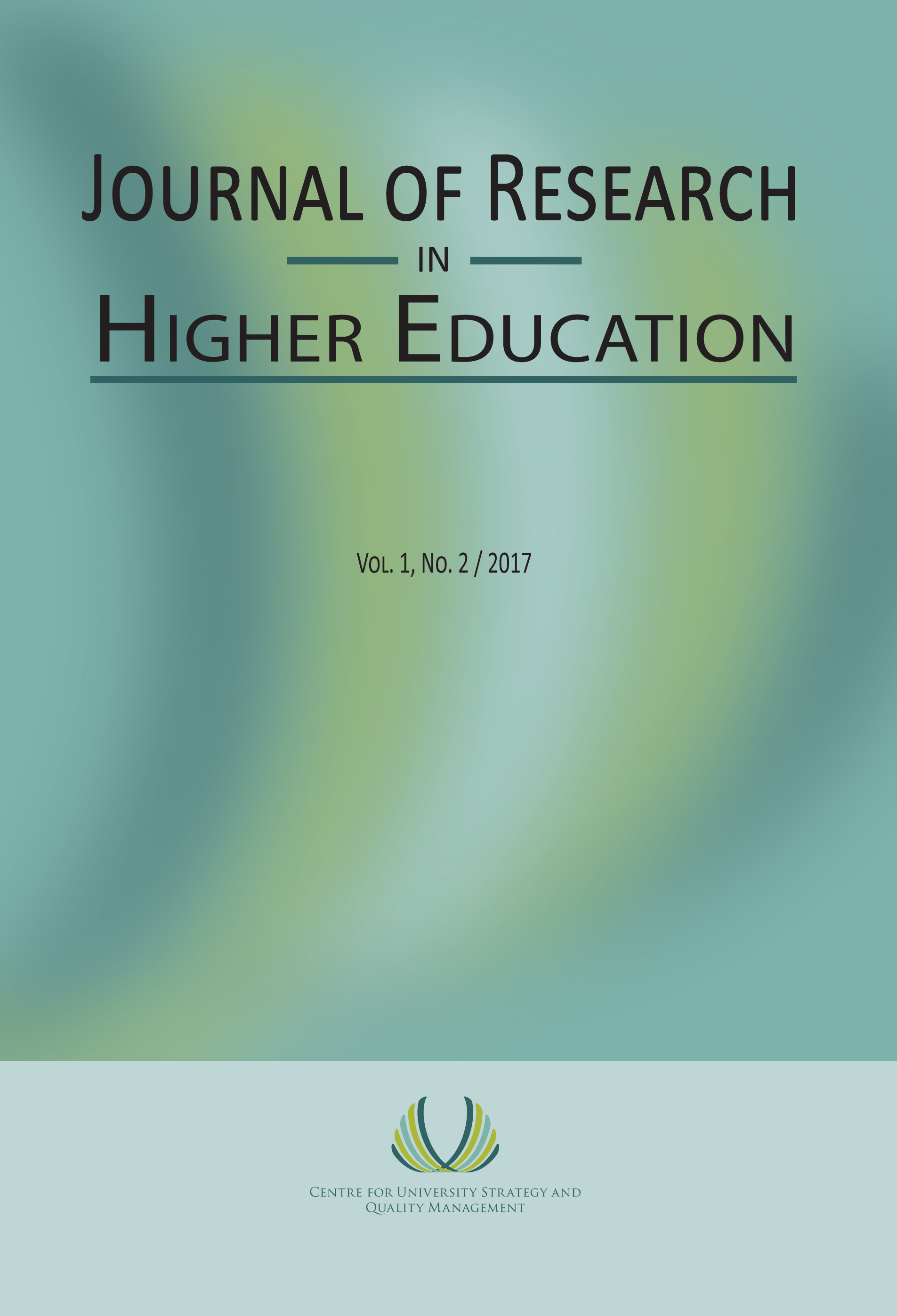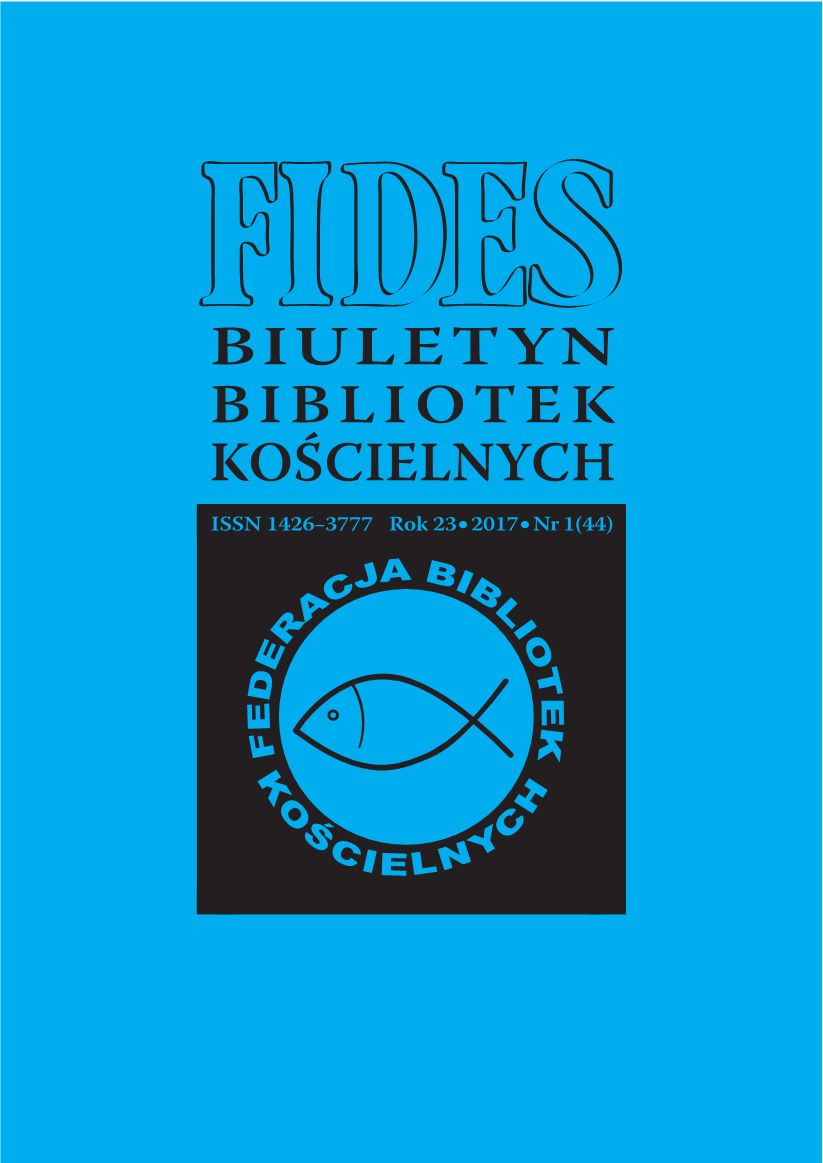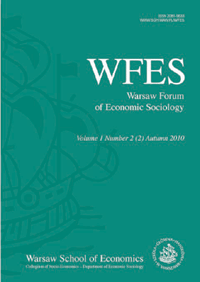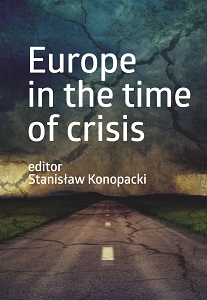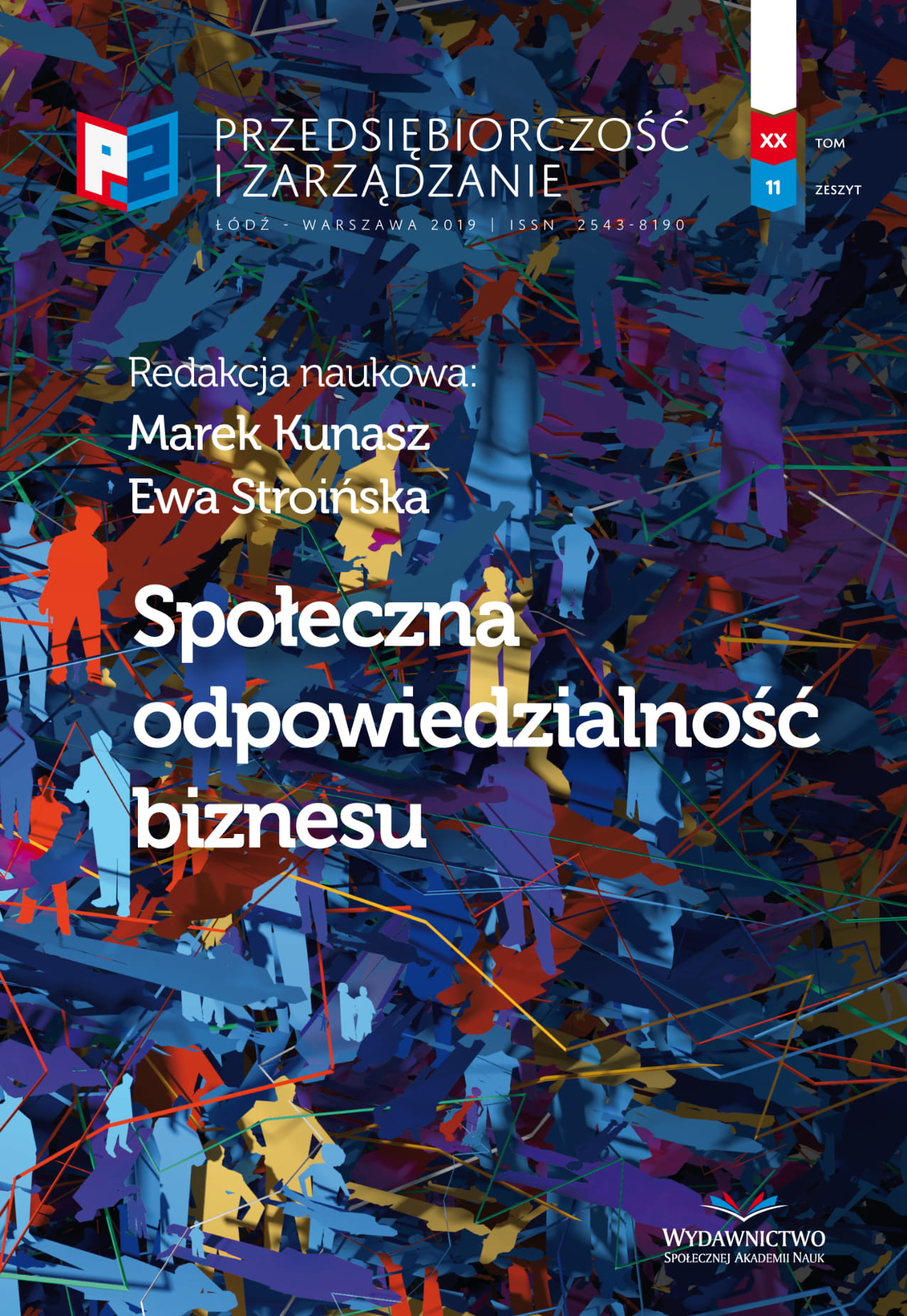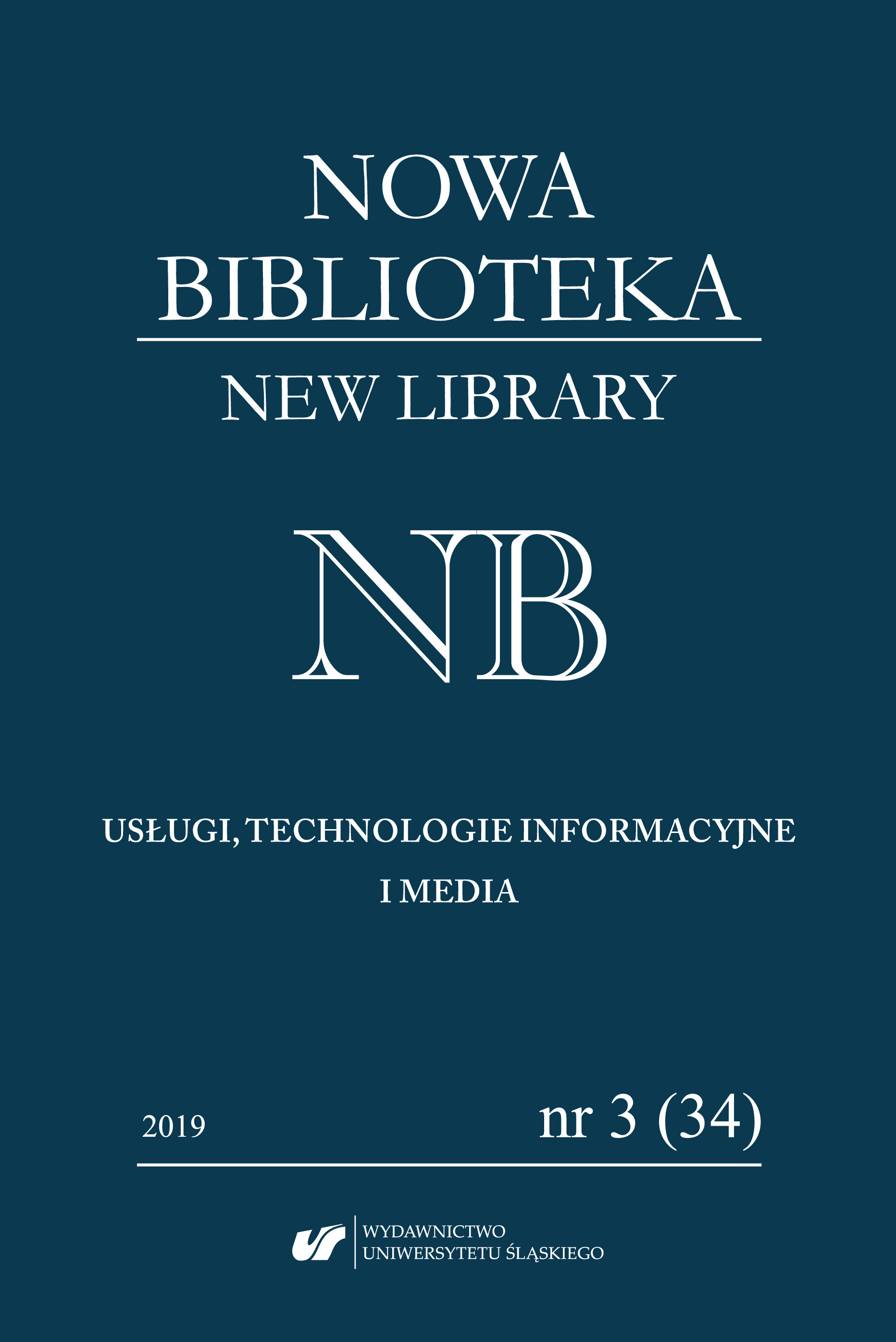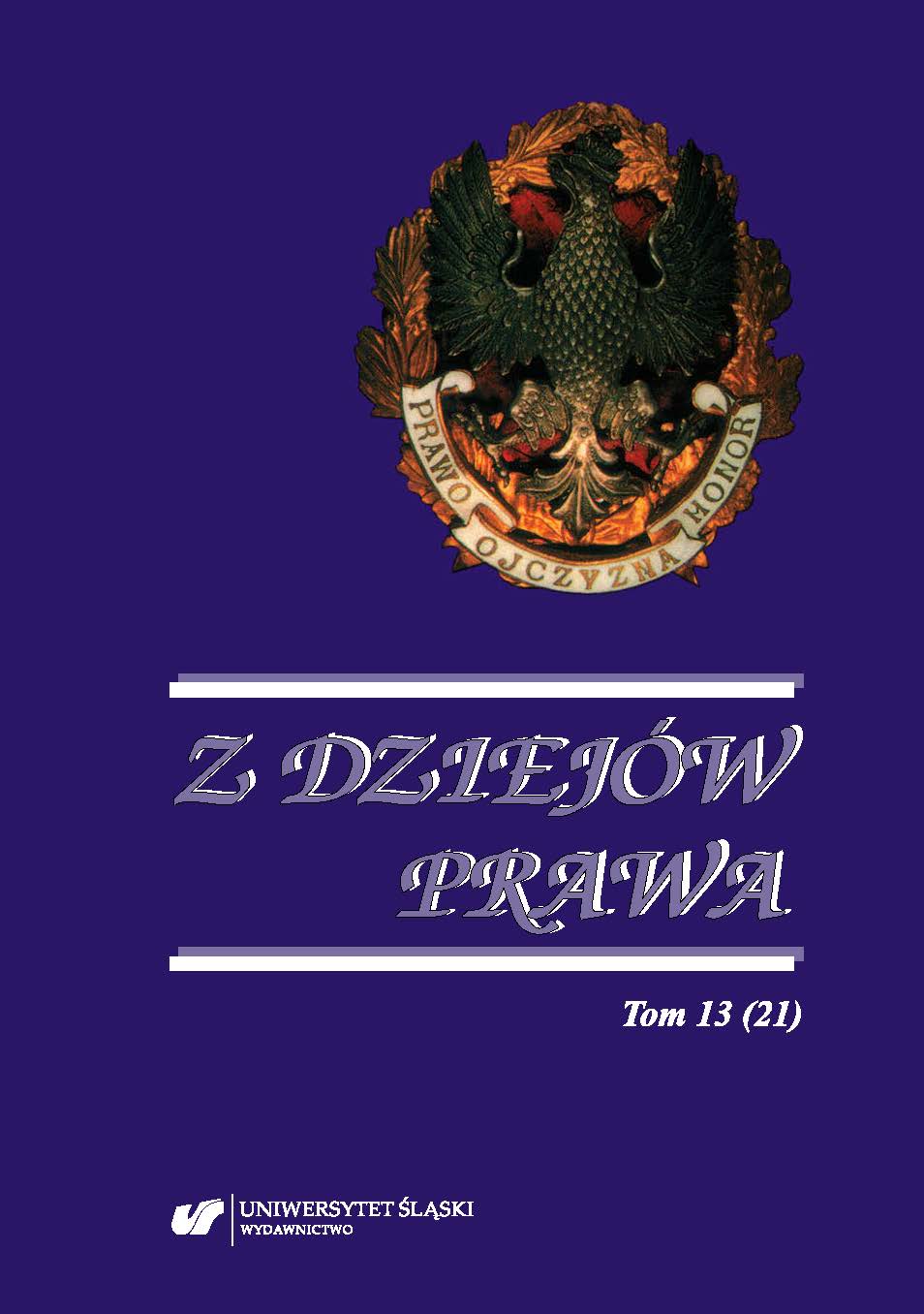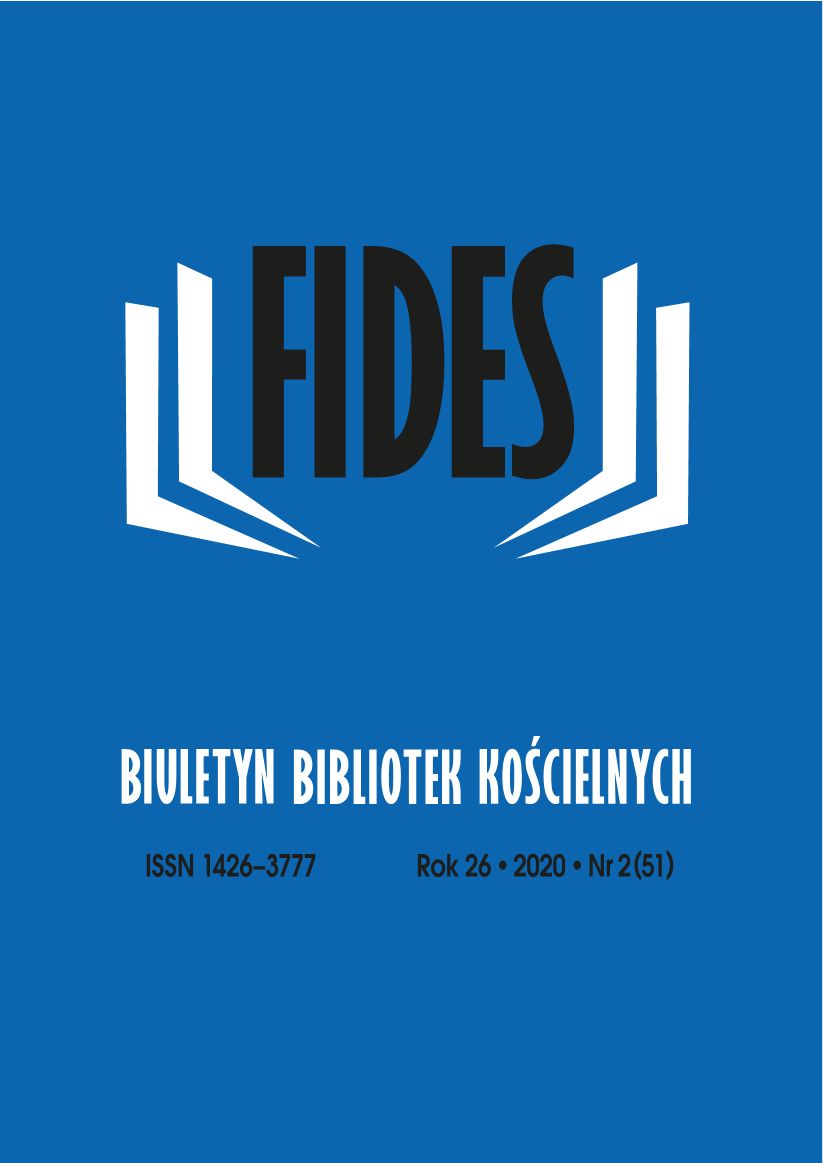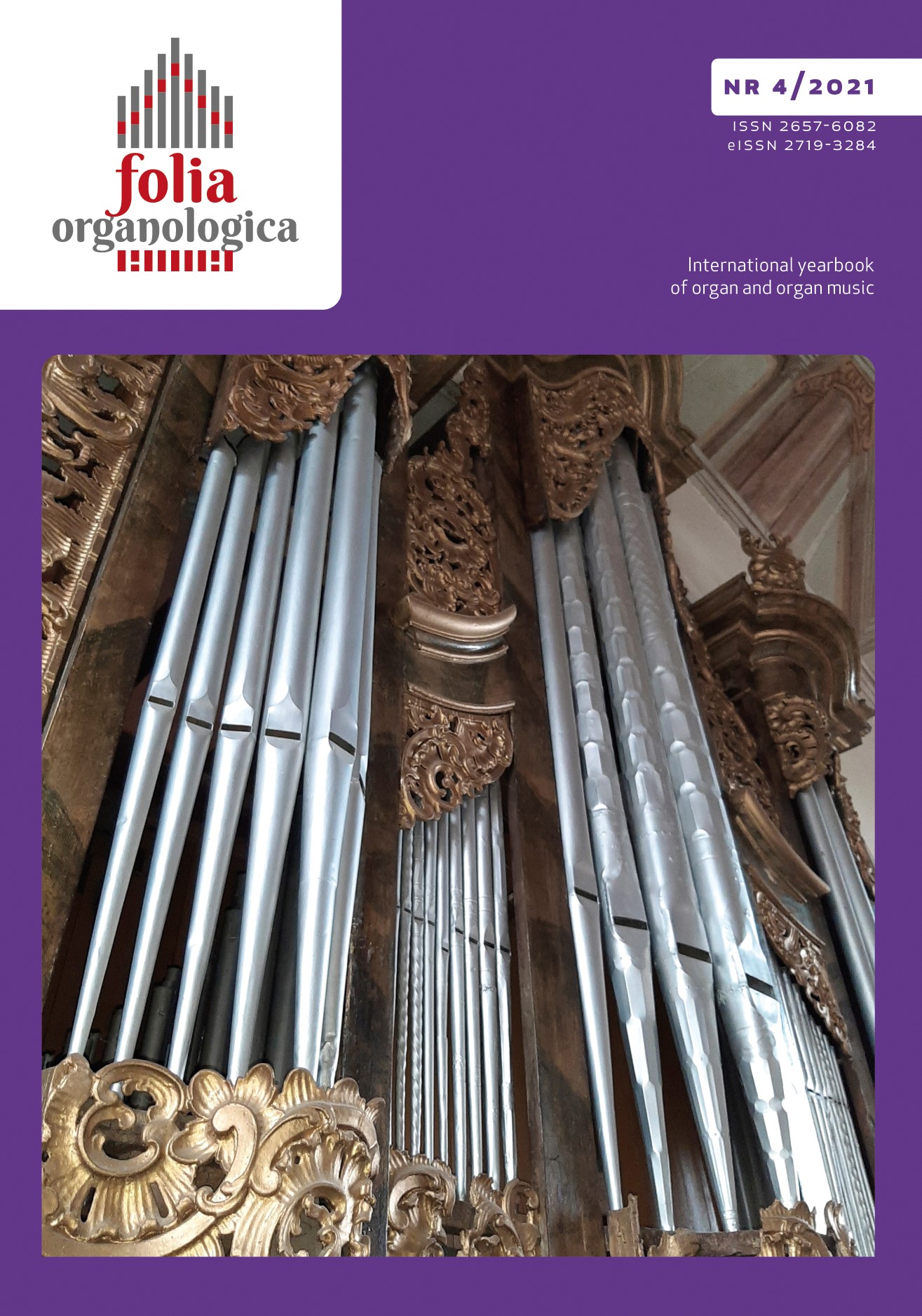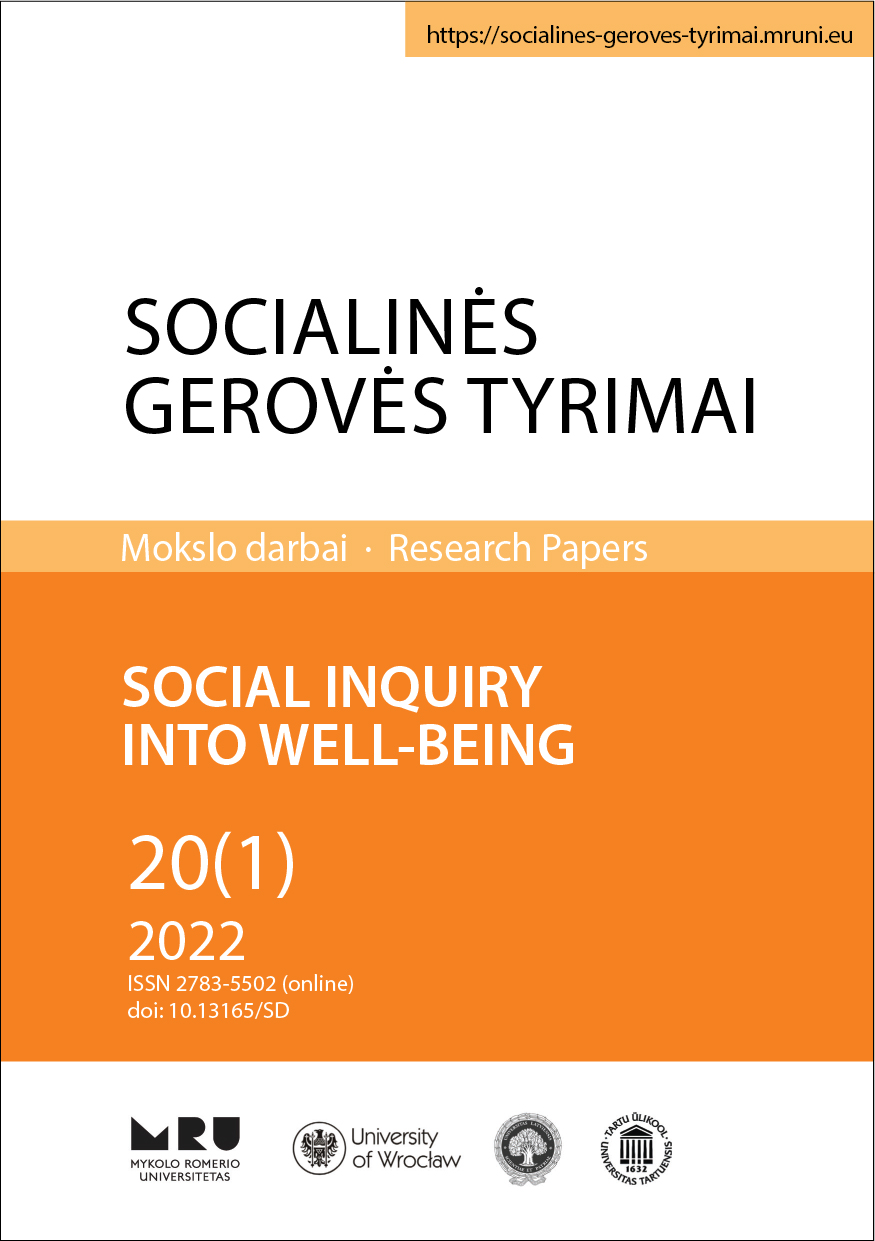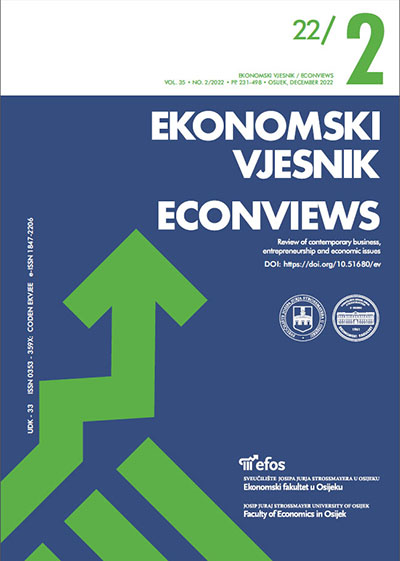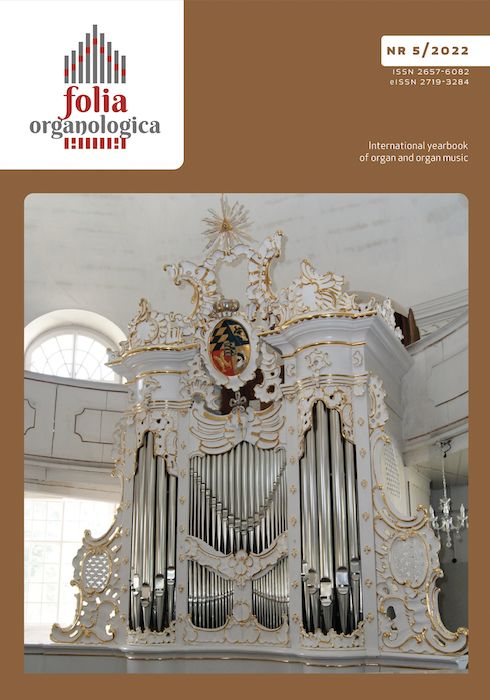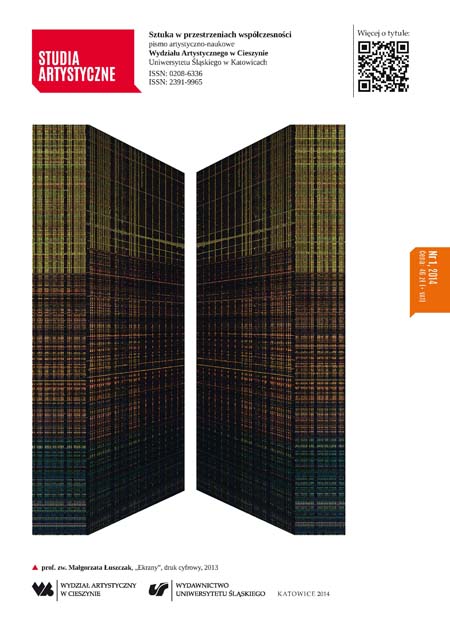
An artistic activity of the University of Silesia Choir between 1998 and 2013 in the light of a 105-year tradition of “Harmonia” Singing...
Działalność Artystyczna Chóru Uniwersytetu Śląskiego w latach 1998–2013 na tle 105-letniej tradycji Towarzystwa Śpiewaczego „Harmonia” w Cieszynie
Keywords: „Harmonia” University of Silesia Choir; a 1998 – 2013 monograph of the band; a conductor Izabella Zielecka-Panek
The text brings a selected activity of „Harmonia”, a University of Silesia Choir between 1998 and 2013, currently active under the supervision Izabella Zielecka-Panek. The origin of the singing association “Harmonia” dates back to the beginning of the 20th century or, more specifically, 1908. Its over 100-year activity caused that it belongs to the most important choirs in Silesia. The history of the band proves its activity under the supervision of many outstanding musicians, enthusiasts of a vocal art and community workers. It is still characterized by a considerable artistic activity, variety of repertoire and a high performance level. The hardships of an artistic work resulted in many prestigious awards in Poland and abroad. An outline of the singing activity presented in the text was enriched with pictures from selected artistic events.
More...

